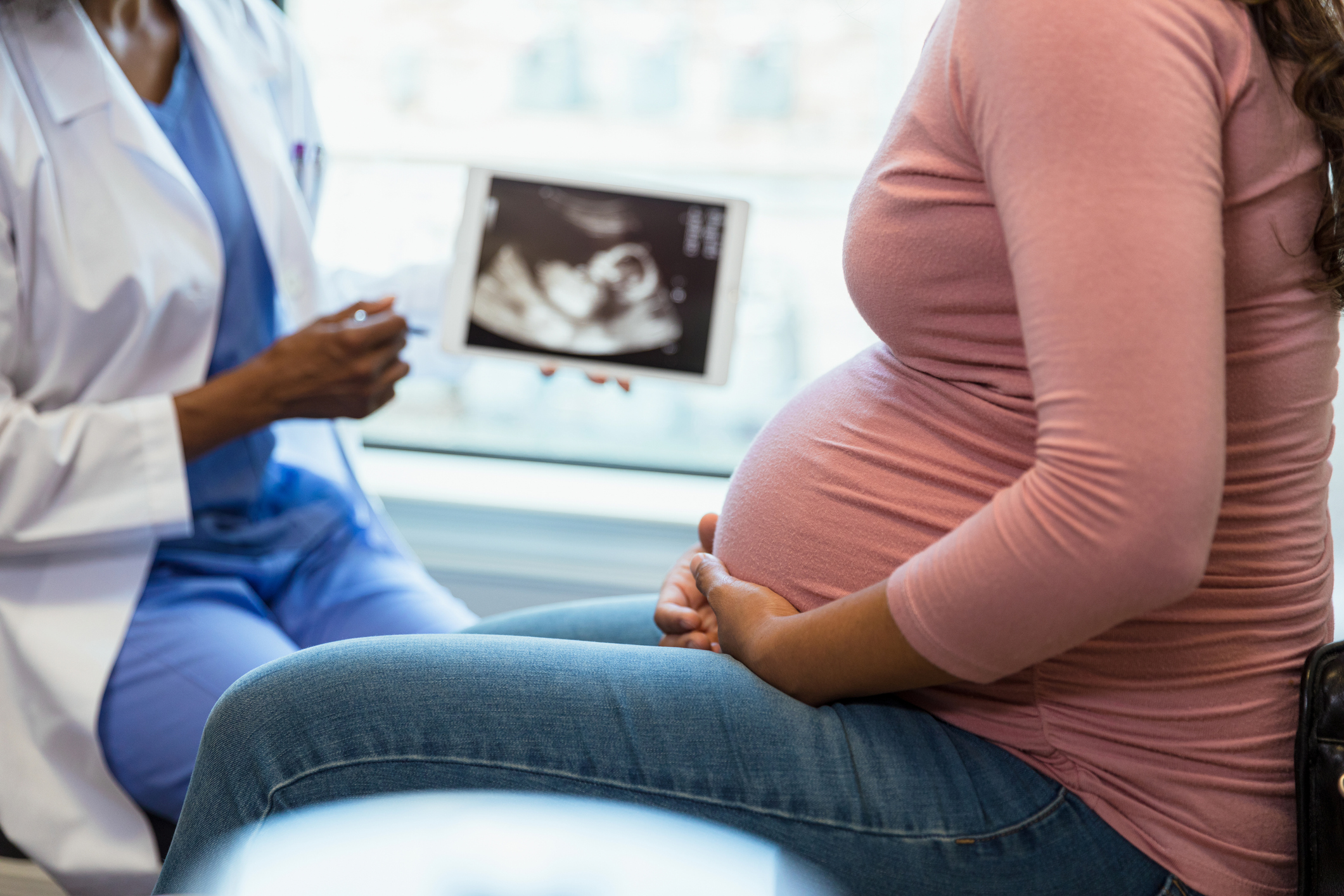Of all the things Jade Kearney was worried about going into pregnancy and childbirth, death was at the top of the list. It may sound morbid to some but many Black women who have seen the sobering statistics around Black maternal deaths understand her fears all too well. The CDC estimates that, in 2021, the maternal mortality rate for Black women was nearly 70 deaths per 100,000 live births. That is 2.6 times higher than the rate for white women.
“I think a lot of Black women have that worry when they hear all of the statistics,” Kearney explained.
What she learned, in the most unexpected way, was that the threats she faced weren’t just during labor and delivery. There were risks to consider postpartum as well.
“Culturally when you get home with the baby you take care of the baby and the baby is the priority,” Kearney said. “I was dealing with anxiety. I was having something called intrusive thoughts. So I would have thoughts like, ‘what if I kill my baby? what if I harm my baby?’ and it was actually completely opposite of what I felt. I felt nothing like that. I was so scared of the thoughts I had. I had so much shame and just guilt for those things.”
The Search for Cultural Competency
Kearney turned to one therapist and then another looking for help. She found that many couldn’t relate to her unique journey as a Black woman.
“I had to go through multiple therapists because a number of them are culturally incompetent. They didn’t understand Black culture. They didn’t understand how we deal with mental health or the stigmas around mental health and it was just uncomfortable for me,” Kearney said.
She finally found a therapist who was a good fit. That’s when she learned she was dealing with was a form of OCD.
“I started talking to other Black women and there were so many women who had also dealt with what I was dealing with and had these ideas or hadn’t showered for two weeks postpartum. I said ‘oh my god we need some type of community or support, information, something after we have kids,” Kearney explained.
Kearney decided to create that community herself and the She Matters app and website were born. It started as a place where Black women could get information about culturally competent healthcare providers but as time went on Kearney felt more nuance was needed.
“We always had a screening that we were doing but my background is in diversity and inclusion. I was like let’s just get the experts in maternal health and create a course. So that we can ensure that these doctors that are on here speaking to all of these women who are part of our community actually are culturally competent in black maternal health specifically. If we, as She Matters, are putting our stamp of approval on these physicians they need a baseline,” Kearney said.
Unique Services
Today, She Matters has over 2000 healthcare providers who have recently taken the organizations course or started in their pilot program. She Matters also offers a variety of other resources for new mothers. Those include free therapy sessions and a guide called the Pink Book.
“When you are a black person and you have a medical emergency, I think many of us stop and think about what hospital we’re going to go to? That does not happen for other cultures,” Kearney said. “I didn’t want moms to have to do that when they’re having babies. Where are the hospitals that have the least amount of black maternal morbidity. Where are the hospitals that have the least amount of c-sections.”
To create this hospital resource guide the She Matters team used CDC guidelines and hospital ratings. They also conducted months of their own research.
“We did three months of research to figure out what were the top hospitals in the states where we have the most moms that were a part of our network and we list those hospitals as being the best hospitals to have your babies in,” Kearney said.
Looking to the Future
After nearly five years operating She Matters, Kearney is looking to the future. Her focus is on what new resource she and her team can provide to Black moms. They plan to create a symptom tracker for preeclampsia and eclampsia that will be released in early 2024. Further down the road the organization hopes to provide healthcare vans to people living in maternal health deserts.
“There are places in the United States where you just can’t have a baby because there is no hospital. You have to drive 2 hours away. So long term, five years, vans. Coming up in four months our symptom tracker,” Kearney said.
